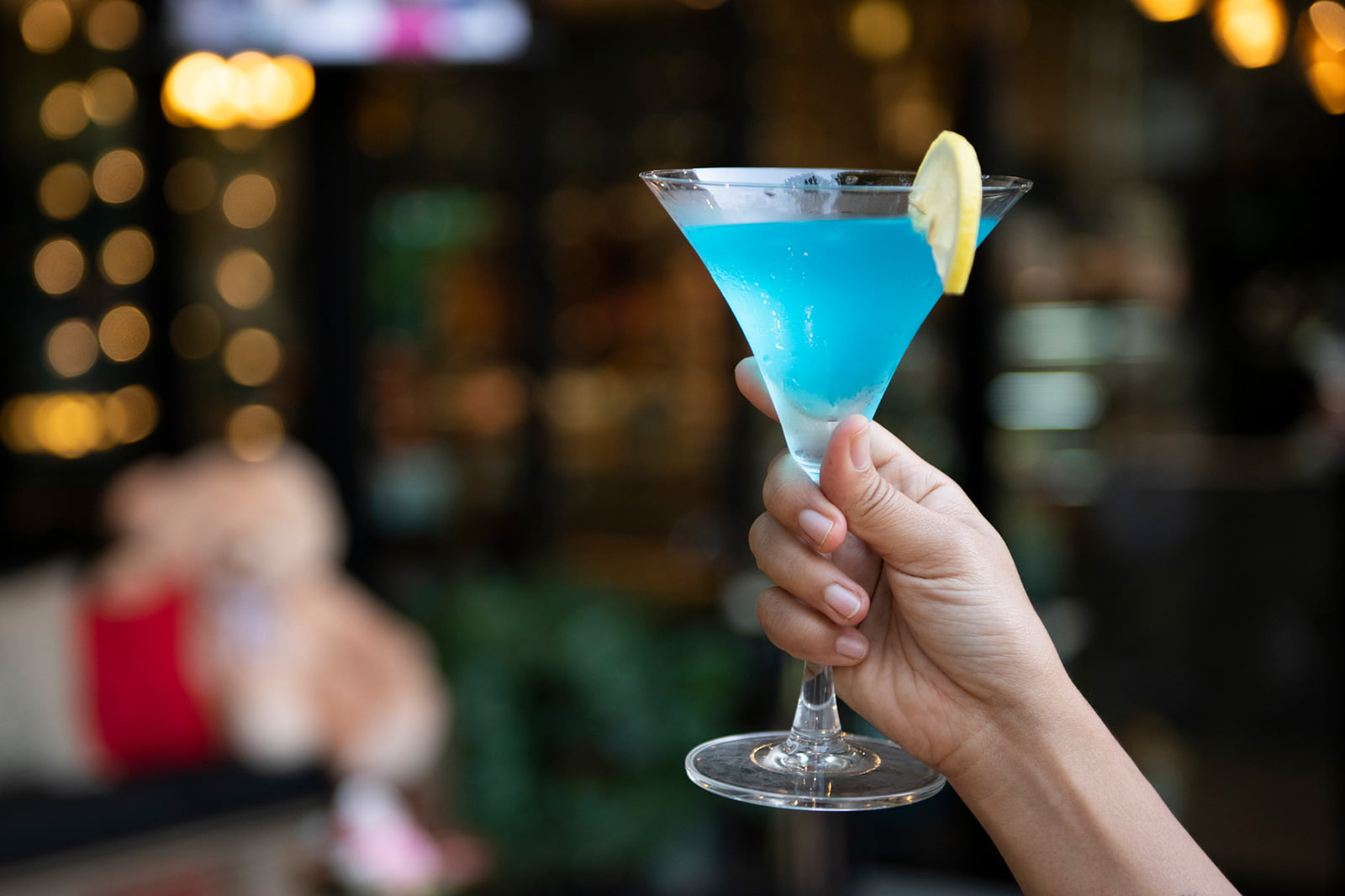Understanding the Allure of Hypnotic Drinks
The intrigue surrounding hypnotic drinks stems not only from their enchanting names and vibrant colors but also from the effects they claim to deliver. These beverages, often infused with herbs and other natural supplements, are believed by some to induce a state of relaxation or heightened awareness, similar to a mild hypnotic state. This concept of altering one’s mental state through a simple drink fascinates many, leading them to explore the various types and their potential benefits.
Psychologically, the allure of hypnotic drinks can be linked to human curiosity about altered states of consciousness. Whether it is through meditation, certain forms of exercise, or through substances like alcohol or caffeine, people have long sought ways to escape the ordinary perceptions of reality. Hypnotic drinks cater to this desire, promising an experience that is both safe and temporary, appealing particularly to those who are cautious about more potent substances.
The market for hypnotic drinks has expanded significantly with the rise of holistic and alternative wellness trends. Consumers increasingly lean towards natural remedies and are intrigued by the promise of a beverage that can help manage stress, enhance mood, or improve focus, without the side effects commonly associated with pharmaceutical agents.
The Ingredients That Make a Drink Hypnotiq
The effectiveness of hypnotic drinks largely depends on their ingredients. Common components include herbs like chamomile, lavender, and valerian root, which have been used for centuries in traditional medicine to promote relaxation and sleep. Another popular element is melatonin, a hormone that regulates sleep-wake cycles, often included to enhance sleep quality.
Recent formulations might also incorporate adaptogens—plants that purportedly help the body resist stressors of all kinds, whether physical, chemical, or biological. These include holy basil and ashwagandha, both renowned in Ayurvedic medicine for their stress-relieving properties. The inclusion of such ingredients not only increases the effectiveness of these drinks but also adds to their exotic appeal, making them more attractive to health-conscious consumers.
Additionally, there is growing experimentation with nootropics, substances that could potentially improve cognitive function, particularly executive functions, memory, creativity, or motivation, in healthy individuals. For instance, Ginkgo biloba and Bacopa monnieri are two nootropics often found in hypnotic drinks aimed at enhancing mental clarity and focus.
Health Benefits and Claims
The purported health benefits of hpnotiq-drink are as diverse as their ingredients. Many brands claim that their drinks can alleviate stress, reduce anxiety, boost immunity, and even improve mental clarity. While some of these claims are supported by scientific studies, others need more rigorous research to be substantiated.
For example, a drink containing chamomile may legitimately claim to help with relaxation and sleep because there are multiple studies supporting chamomile’s effectiveness in these areas. However, a drink that claims to boost immunity based on the presence of a certain exotic herb might not have the same robust backing. Consumers are advised to critically evaluate these claims and consider the scientific evidence supporting each ingredient.
Furthermore, it’s important for individuals to consider their personal health conditions and consult healthcare professionals before integrating these drinks into their daily routine, especially if they are already taking prescribed medications or have underlying health issues.
Regulatory Aspects and Consumer Safety
Given the active and potent ingredients often contained in hypnotic drinks, regulatory oversight is crucial to ensure consumer safety. In many regions, such products must comply with dietary supplement regulations, which can be less stringent than those for pharmaceuticals. This means that while manufacturers are responsible for ensuring the safety of their products, they don’t necessarily need to prove the efficacy of their claims as long as they don’t make specific health claims.
This regulatory environment creates a situation where consumer education is vital. Individuals must understand the differences between dietary supplements and medically endorsed drugs and the importance of moderation and caution when consuming substances that affect mental and physical states.
In conclusion, while hypnotic drinks continue to capture the imagination of modern consumers, it is essential to approach them with an informed and cautious mindset. By understanding the ingredients, health claims, and regulatory landscape, consumers can make better choices about using these intriguing products.
Consumer Experiences with Hypnotiq Drinks
- Many users report a significant decrease in stress levels after regular consumption.
- Others have noted improved sleep patterns, especially when drinks contain melatonin or valerian root.
- A few consumers did not notice any changes, highlighting the individual nature of such supplements.
